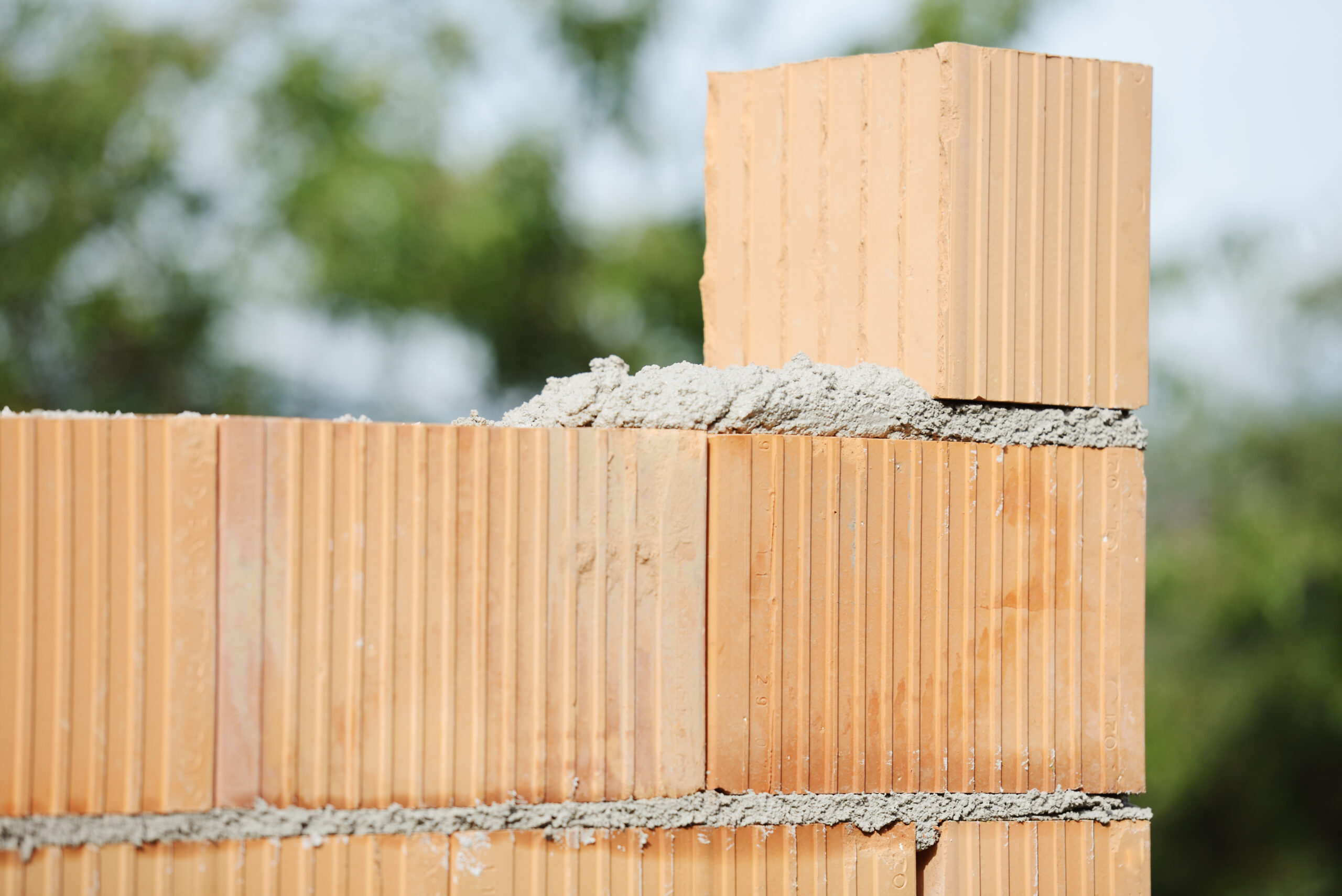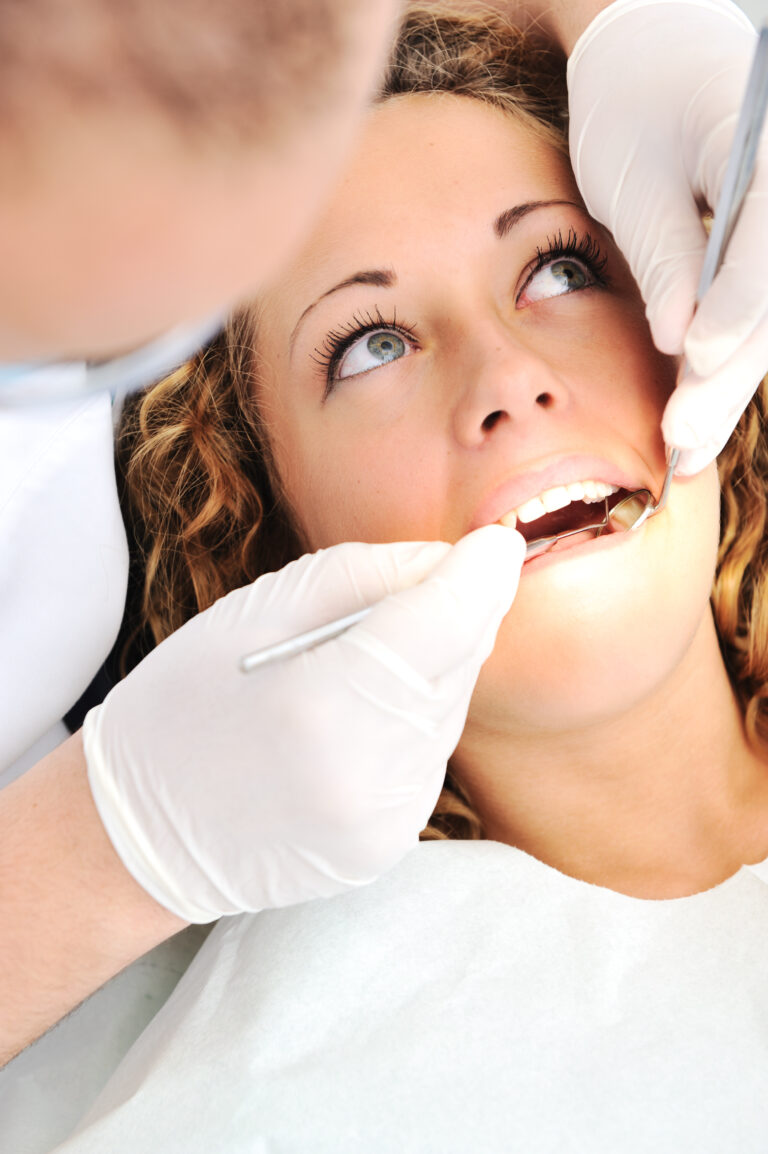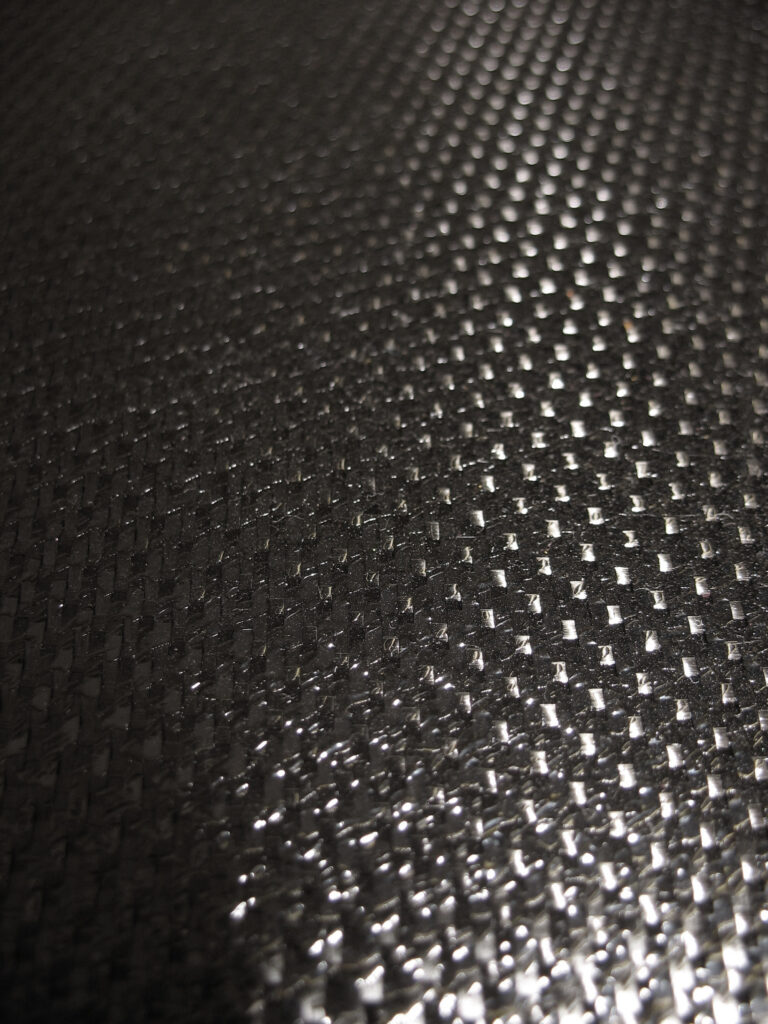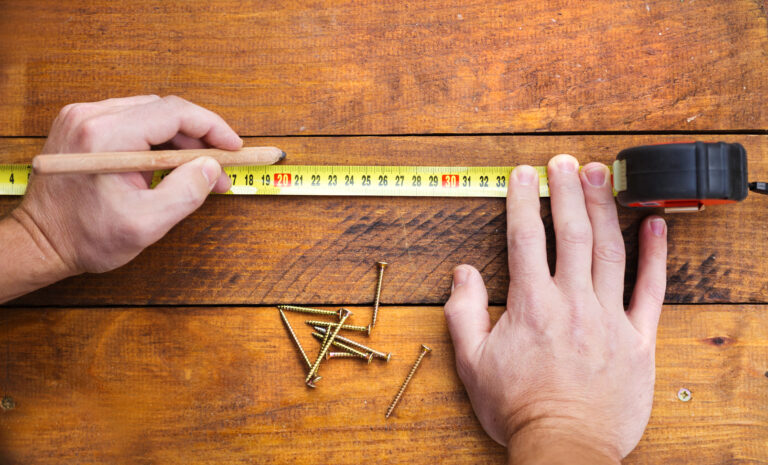Mold Exposure Symptoms: Are You at Risk? The Surprising Ways Mold Impacts Your Body
Introduction to Mold Exposure Symptoms
Did you know that mold exposure can cause a range of health problems, from respiratory issues to neurological symptoms? Many people are unaware of the dangers associated with mold exposure and may not even realize they have been exposed. In this article, we will explore some common health problems caused by mold exposure as well as how to detect and prevent mold growth in your home.
Common Health Problems Caused by Mold Exposure
One of the most common health problems caused by mold exposure is respiratory issues such as asthma or allergies. People who are sensitive to mold may experience wheezing, coughing, sneezing, or difficulty breathing when exposed to it. Additionally, mold exposure has been linked to skin rashes, headaches, fatigue, memory loss, and other cognitive impairments. Some studies suggest that long-term exposure to mold may also increase the risk of developing certain types of cancer.
The Surprising Ways Mold Impacts Your Body
While many people associate mold exposure with respiratory issues, there are actually several surprising ways that mold can impact your body. For example, did you know that mold can trigger an autoimmune response in some individuals? This means that their immune system mistakenly attacks their own tissues instead of fighting off the mold. Mold exposure has also been linked to inflammation throughout the body, which can contribute to chronic conditions like arthritis or heart disease.
How to Detect and Prevent Mold Growth in Your Home
Detecting and preventing mold growth in your home is essential for protecting yourself and your family’s health. One way to do this is to check areas where moisture tends to accumulate, such as bathrooms, basements, and kitchens. Look for signs of water damage or leaks, as these can lead to mold growth. Another way to detect mold is through smell – musty odors often indicate the presence of mold. If you suspect mold growth in your home, contact a professional mold remediation company to assess the situation and provide guidance on next steps.

Conclusion: Taking Action Against Mold Exposure
If you believe you have been exposed to mold, it’s important to take action right away. Start by removing any sources of mold in your environment, whether it be in your home or workplace. Next, consider seeking medical attention if necessary. Finally, make sure to educate yourself about the risks associated with mold exposure so that you can take proactive measures to protect your health in the future.





